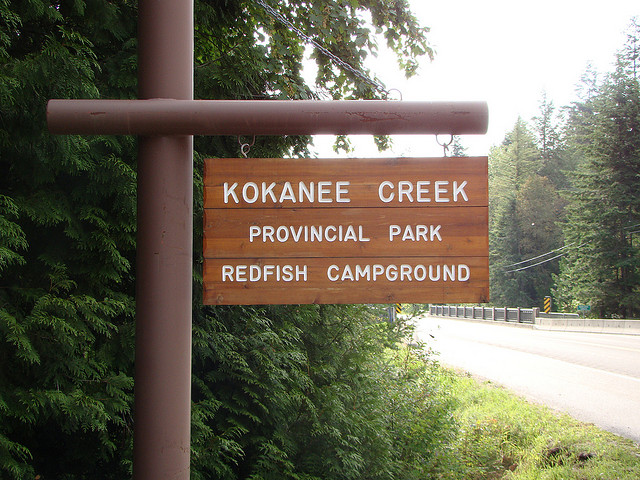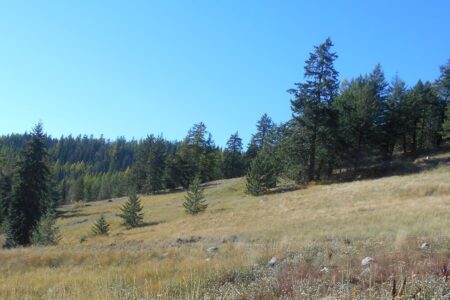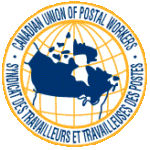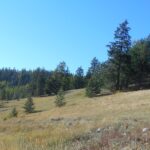Provincial government responds to Parks Act Amendments
A spokesperson for the Ministry of Environment says that the recently proposed amendments to the Park Act (Bill 4) would not allow industrial activity in parks.
The provincial government recently voted 43-35 in favour of moving a controversial bill to amend the Parks Act through its second reading in the Legislature.
”In fact,” said ministry spokesperson Dave Crebo in an email, “in order for industrial activity to take place, an adjustment to the boundary has to be made, and that land has to actually be taken out of the park.
“A proponent may submit an application to government through the Cabinet-approved Provincial Protected Area Boundary Adjustment Policy, Process and Guidelines,” he said.
“As part of this process extensive consultations with the public, stakeholders and First Nations would be undertaken.”
Crebo said that the impact in the park or protected area, feasibility of alternative sites, evaluation the environmental and socio-economic impact are all factors that are considered when deciding whether or not to make a boundary adjustment.
Crebo was responding to the criticism by New Denver’s Valhalla Wilderness Society (VWS) that three amendments to the Park Act given first reading in the Legislature in February enable the government to permit exploration “research” for industrial development of parks and protected areas, even Class A parks.
The other two amendments would remove special restrictions in small parks and weaken the restrictions on commercial film activity in all parks, the VWS said. (See The Nelson Daily.)
Crebo denied these changes are being driven by the proposed Enbridge pipeline’s route.
“This is incorrect. In fact, the proposed Enbridge project may only affect one protected area — Burnie River Protected Area.
“The Pacific Trails Pipeline and the Northern Gateway Pipeline, if approved, may go through Burnie River Protected Area. However, the Order in Council establishing this protected area allows for pipeline construction within its boundaries.”
Additionally, Crebo said, clarity is needed for the film industry.
“Currently, there is no clear expressed statutory authority to issue park use permits for commercial filming in Class A parks. These amendments ensure that the minister has the authority to authorize commercial filming activities,” he said.
“Commercial filming is defined as the use of a certain area in a park for commercial filming with the intent of making money. Building temporary sets or temporarily controlling public access to shoot locations may be allowed.”
A new provision has been added that will allow the minister to issue a park use permit for film production, including commercial filming, if the activity is not damaging to the recreational values of the park involved Crebo added.
“This amendment will not change or affect the type of filming activities that currently are allowed in parks. This amendment removes any uncertainty in BC Parks’ ability to authorize and manage commercial filming in Class A parks.”
The VWS also criticized Environment Minister Mary Polak, saying she is in a conflict of interest in her role as a protector of parks.
But Crebo said Bill 4 will “amend the Park Act to provide clear and consistent direction respecting the Province’s ability to authorize a variety of outdoor recreation, tourism and research activities in parks and conservancies.
“This includes authorizing research for academic and investigative purposes in parks.”
He added, “Our government understands the economic benefits linear energy projects may bring, but it will not be at the cost of our environment. B.C.’s protected areas have a high level of protection, and decisions to remove lands from them are not taken lightly.”
The VWS also criticized the ministry for not allowing public comments on the proposed amendments.
“No public consultations were held with respect to these amendments,” Crebo said. “The provisions clarify, not change, how parks are managed today.”
“BC Parks will be updating its research policy to reflect these new amendments. (The) research policy will guide the determination of appropriate research activities including the need to take into consideration environmental impacts.
“Comments from the public and stakeholders on our policies is always welcome. Research policy will be released in the next few weeks.”

























